In the dynamic landscape of the IT industry, where innovation and adaptation are paramount, the interplay between technical expertise and domain knowledge is pivotal. These two pillars, seemingly distinct yet intrinsically connected, provide the foundation upon which successful IT solutions are built.
While companies are the rightful owners of domain knowledge, holding the keys to their specific industry and business processes, IT service providers play a complementary, but equally essential role. These providers must wield technical proficiency and possess the ability to bridge the gap between technology and business needs.
In this intricate dance, domain knowledge informs the context, while technical knowledge empowers the execution, and it is at the intersection of these domains that innovation happens.
For an IT company, it is easier to acquire technical knowledge. We do that through knowledge sharing within the company, attending lectures or courses or through work and experience while having a mentor.
Industry and domain knowledge, on the other hand, requires experience in the domain. It is crucial to have both in order to be able to deliver software solution that actually solves a problem in a certain industry.
We put a lot of emphasis on gaining and implementing knowledge. We do this strategically and consider it so important that we have a Chief Knowledge Officer role at our company. His duty is to make sure all our teams are equipped with adequate knowledge needed for the projects we’re working on. Additionally, he’s preparing engineers for future roles and technology we will need and use for future projects. We explained his role in this article: the strategic role of Chief Knowledge Officer.
We cultivate efficient team culture. This is not just a nice saying, we have a system how we do it. Our Chief Knowledge officer, Boris, explained that in the blog: Efficient Team Culture: how to make people both skilled and satisfied.
How do we, at Enlight, gain knowledge about the domain we haven’t worked in?
There are various ways to do that, and usually, when we embark on a new project, we use them all to get prepared and be able to deliver the project on time and with high quality, as expected.
Visiting the domain experts (the client)
Usually, at the beginning of every project, we have a kick-off meeting. When that project is with a client in the industry or domain we haven’t worked before - we watch, listen, ask a lot of questions and learn. We are aware that we must understand the business and it’s need to be able to produce software that solves their problems.
What we usually do is - we (the team working on the project) jump on a plane and we go visit our client. They show us their premises and explain everything we need to know about their needs and project we’ll be working on.
Our team meets their team and we have a knowledge sharing session. In some cases, we get certificates when we finish all the workshops.
Attending workshops and lectures
Based on everything we learned, if we assess that there is a need for further education or knowledge in the domain, we select relevant courses, workshops or lectures our team members need to attend.
Knowledge sharing
We find people who do have knowledge and experience in that domain and we agree to have mentorship sessions or knowledge sharing sessions, so we can have continuous support from someone experienced.
Learning by doing
The best way to learn something is to start doing it. Our team has people of diverse seniority who love tackling new problems, when we start working on something new and encounter a problem - we always find a solution. Additionally, during the entire project, we actively cooperate with domain experts and IT team from the client’s side. Therefore, we have their support and access to their knowledge and expertise as well.
This way, we’ve finished complex projects in various industries and domains: fintech, color management, linear motion and robotics, medical services and testing. You can find out more about each in our case studies.
When working in a highly-regulated industry such as food manufacturing or lab testing, we learn about all regulations and security protocols and are able to deliver the software solution following all industry’s rules and regulations.
Industry and technological domains we have experience in:
Technological solutions:
- Middleware (ERP/MES Integration)
- Embedded Software Engineering
- Internet of Things
- DevOps
- Web & Mobile
- Cloud
- Quality Assurance
Industry domains:
- Fintech & Banking (6+ years of experience, still active)
- Medical Devices & Healthcare (6+ years of experience, still active)
- Industrial automation & Linear motion (5+ years of experience, still active)
- Color Science & Printing (7+ years of experience, still active)
- Energy & Infrastructure (2+ years of experience, still active)
- Track & Trace (9+ years of experience, still active)
Tech stack:
- .NET, C#, C++, C
- PL/SQL, TL/SQL
- Java, Python, NodeJS
- Web – JS (React, Angular), Typescript, HTLM, CSS
- Cloud – Azure, AWS
- QA – Automated, manual







